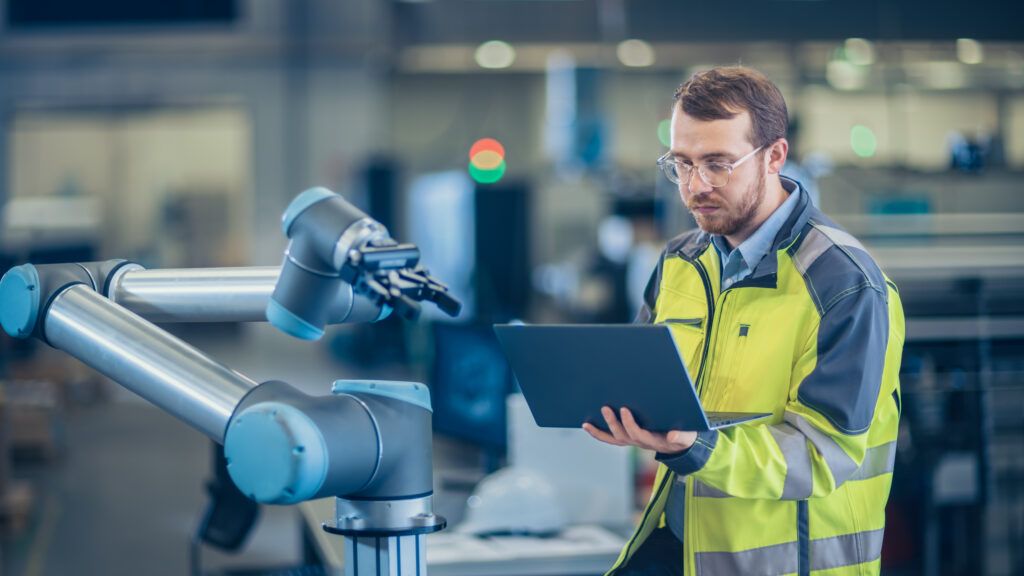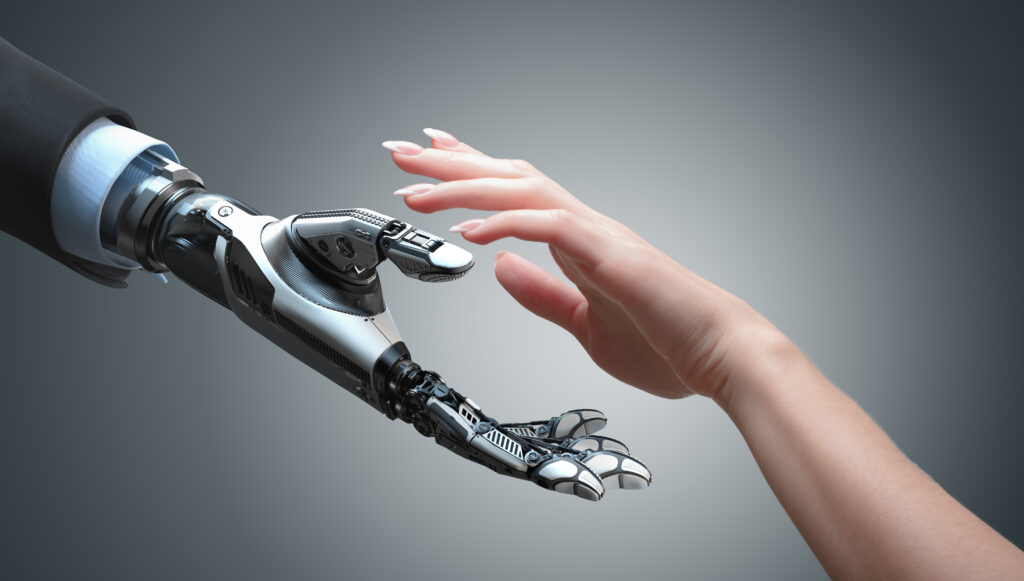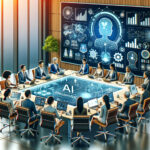The Rise of Generative AI in Business Over the past year, the buzz around generative AI has grown exponentially, especially with the introduction of platforms like ChatGPT. The ease of use and the almost surreal capabilities of such applications have left many in a mix of wonder, excitement, and in some cases, apprehension. But what does the latest research indicate about the sectors that stand to gain the most from generative AI?

The Potential of Generative AI in White-Collar Industries While the concept of generative AI isn’t entirely new, its mainstream adoption is. Industries like banking and healthcare, traditionally considered white-collar sectors, are poised to reap significant benefits from this technology. The potential here surpasses what previous automation technologies offered, especially for knowledge-based tasks.
Why Certain Sectors Stand Out Marketing and sales can harness generative AI for personalized campaigns or even entire brand marketing strategies. The technology’s potential extends to customer service, software development, and even R&D, where it can aid in tasks like circuit design or vehicle modeling. Essentially, there’s hardly any business domain untouched by the potential of generative AI.
Boosting Creativity with Generative AI Generative AI isn’t just about automation; it’s about augmentation. It can enhance human creativity by offering more alternatives and perspectives. For instance, marketing professionals can leverage generative AI to brainstorm creative campaigns, expanding their horizons and pushing the boundaries of what’s possible.

Quantifying the Impact of Generative AI The potential economic value generative AI can bring is staggering. Estimates suggest it could unlock $2 trillion to $4 trillion annually. This isn’t just about corporate gains; it’s about boosting individual productivity. Imagine having a tool draft your emails or documents, freeing up your time for more strategic tasks.
Differentiating Generative AI from Traditional AI While the economic impact of generative AI is impressive, it’s essential to differentiate it from the broader AI landscape. Generative AI’s user-friendly nature, exemplified by platforms like ChatGPT, makes it more accessible and adaptable, leading to a broader and faster adoption rate.
Leadership and Generative AI The adoption of generative AI isn’t limited to middle management or frontline workers. Even C-suite executives are personally experiencing and learning from these technologies. This personal touch is crucial as it drives understanding and strategic decision-making from the top.
Tapping into the Consumer Market with Generative AI For consumer-centric industries like retail, generative AI could potentially boost profits by $400 billion to $600 billion. From creating compelling marketing campaigns to enhancing customer service, the applications are vast. Even in-store operations can benefit, optimizing tasks like inventory management or sales strategies.

The Workforce Implications While there’s excitement around the capabilities of generative AI, there’s also the looming question of its impact on jobs. The technology is more about enhancing roles rather than replacing them. It’s about equipping workers with tools that make them more efficient and productive. However, shifts in job roles and responsibilities are inevitable.
Preparing for a Generative AI Future For knowledge workers, the key is to familiarize themselves with these tools. By understanding and integrating generative AI into their workflows, they can offload mundane tasks and focus on problem-solving and innovation.
The Global Perspective on Generative AI Generative AI’s adoption is a global phenomenon, thanks to its versatility and multilingual capabilities. However, its application might vary based on regional needs. For instance, a health recommendation system powered by generative AI might function differently in the US compared to a remote village in India.

The Road Ahead The speed of generative AI adoption will vary based on the complexity of its application. While some use cases will see rapid integration, others, especially those that require significant business transformation, might take longer. As businesses embark on this journey, they’ll need to address various challenges, from data privacy to people management.
Generative AI is set to revolutionize the business landscape. Companies that adopt, adapt, and innovate with this technology will not only stay ahead of the curve but also redefine what’s possible in their respective domains.

Experienced Machine Learning, Artificial Intelligence, Data Strategy, Information Technology, and Shared Services Executive
Things that matter:
• five largest ML models created at P&G, with over 10,000 pipeline runs/year
• initiated and operated THE data labeling platform and services for ML at P&G, with 300+ projects and millions of annotations on the platform
• Generative AI strategy for the Global Business Units Shared Services for the Brand, R&D, Manufacturing, Supply Chain, Master Data + eComm functions
• Product Management leadership for enterprise-wide Cloud applications combining data and AI
Education
Harvard Business School Executive Education: Artificial Intelligence (Competing in the Age of AI).
Northwestern University: Executive Strategies to Unlock Enterprise Value in Artificial Intelligence
University of Bucharest: Master of Computer Science from the Faculty of Mathematics
CIIM – Master of Business Administration (MBA) with a focus on Finance
Key Certifications:
AWS Certified Machine Learning – Specialty
Azure ML Artificial Intelligence Certification
Data Camp Certified Data Scientist (Python Track)












